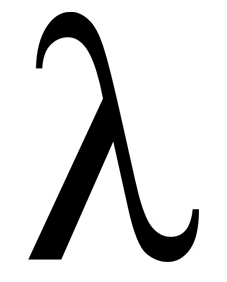Best of 2012: Clang @ GoingNative -- Chandler Carruth

Clang: Defending C++ from Murphy's Million Monkeys
by Chandler Carruth
at GoingNative 2012[... Clang] provides fantastic diagnostics, static and dynamic program analysis, advanced rewriting and refactoring functionality, and language extensibility. Together with improvements to the language in C++11 these help programmers cope with today's code and write better code tomorrow. Clang also makes it easier than ever before to evolve and evaluate new language features and extensions to make C++ itself better.
Through this talk I'll give some background on the Clang compiler, what it does today to make writing C++ better, and how we're using it to help shape the C++ language going forward.
Even your non-technical family and friends will probably enjoy the first five minutes.
Thanks again to Chandler, GoingNative, and Channel 9 for an engaging and illuminating presentation.




 This week, Faisal Vali shared an initial "alpha" implementation of generic lambdas in Clang. Faisal is the lead author of the proposal (
This week, Faisal Vali shared an initial "alpha" implementation of generic lambdas in Clang. Faisal is the lead author of the proposal (


 A C++11 Name-Lookup Problem: a Long-Term Solution and a Temporary Work-Around
A C++11 Name-Lookup Problem: a Long-Term Solution and a Temporary Work-Around